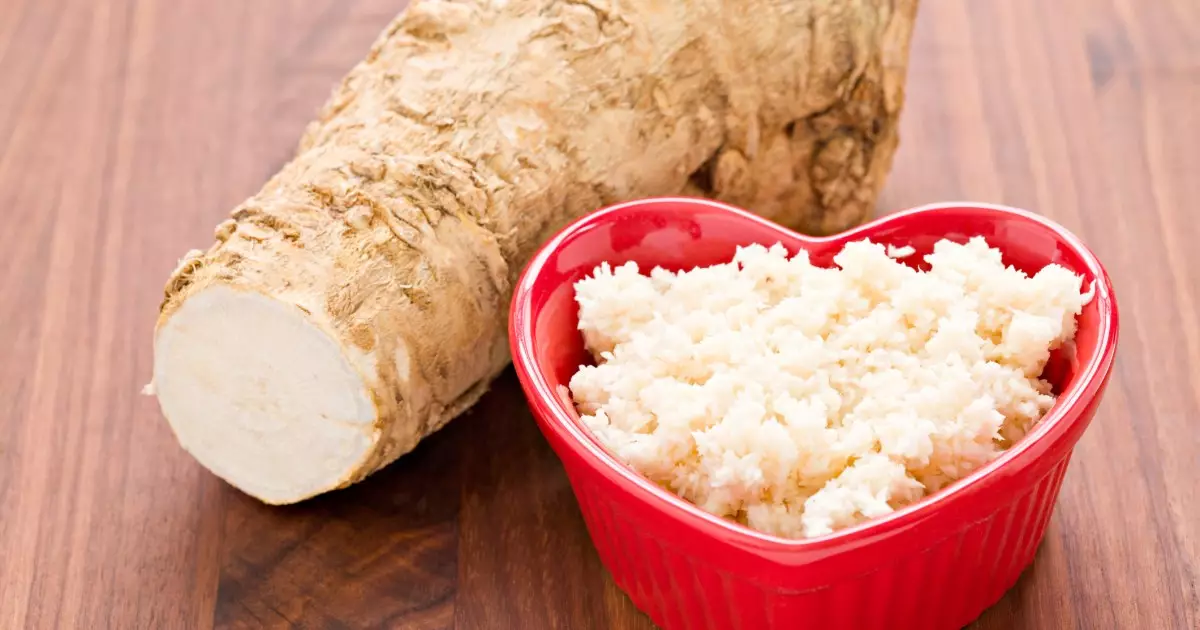If you’ve ever wondered whether your furry friend can munch on that spicy horseradish condiment, it’s essential to tread carefully. While humans might pop a dollop of this pungent root onto their sandwiches or dips, it’s a different story entirely for dogs. Many pet owners may not realize that what’s safe for humans isn’t always safe for pets. The truth is, horseradish isn’t a suitable treat for your canine companion, and the reasons are deeply rooted in how their digestive system operates.
Spicy Doesn’t Equal Healthy
Horseradish packs a powerful punch of flavor that can leave humans gasping for breath at times, and the same applies to dogs. This potent root can cause more than just a momentary surprise for your pet. The intense heat and spiciness can irritate a dog’s mouth, throat, and even extend all the way to their digestive tract. While horseradish may offer some health benefits for humans, the potential discomfort and pain it inflicts on dogs vastly outweigh any positive aspects it may have.
Moreover, comparing horseradish to other spicy foods like wasabi helps underscore the risks involved. Canine anatomy is not designed to handle such intense flavors, and even a small amount can lead to significant distress. Symptoms may include drooling, whimpering, or a noticeable change in behavior as they feel the uncomfortable aftereffects of that fiery bite.
What to Do if Your Dog Consumes Horseradish
If your spirited companion has helped themselves to horseradish, your first course of action should be to reach out to your veterinarian for guidance. In most cases, your dog will likely recover without serious issues. However, monitoring for symptoms of gastrointestinal upset such as vomiting or diarrhea is essential. Any signs of an allergic reaction—like difficulty breathing or skin reactions—warrant immediate veterinary attention.
While dogs are generally resilient, each pup has unique sensitivities. Even if your dog is displaying no immediate signs of discomfort, it’s prudent to keep a watchful eye. Should your dog experience a bout of stomach upset, you might want to consider a bland diet to help ease their digestive distress. Boiled chicken and rice are go-to remedies that many dog owners find effective.
Alternatives to Horseradish: Safe Snacking Options
Instead of risking your dog’s health with horseradish, consider other root vegetables that can be beneficial and tasty for them. Options like jicama, ginger, and Jerusalem artichokes provide nutritional value without the potential adverse reactions. These alternatives allow you to treat your dog to something healthy, nourishing, and safe—keeping them happy and healthy without the fiery aftermath of horseradish.
While our canine friends might show interest in what we are eating, it is crucial to stay informed about their dietary restrictions. Understanding the implications of passing them spicy foods will undoubtedly lead to happier, healthier pups. It’s always better to be safe than sorry when it comes to your dog’s health.

